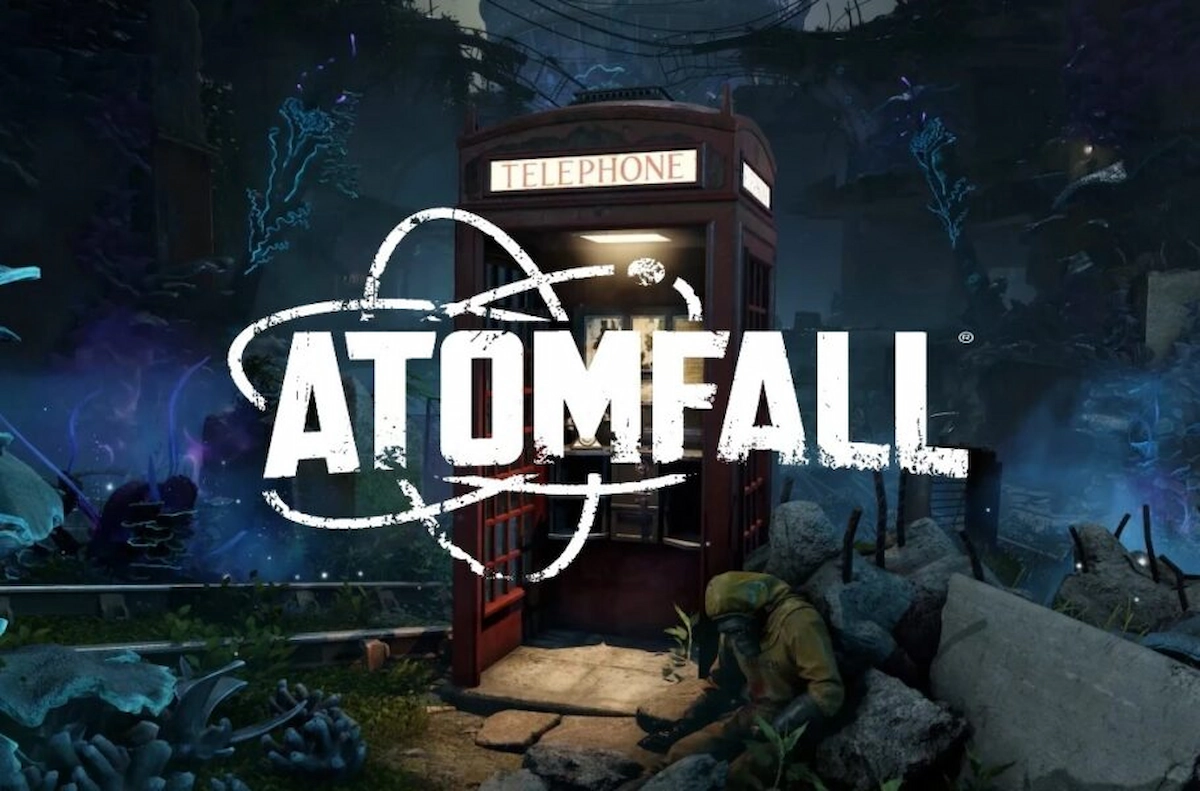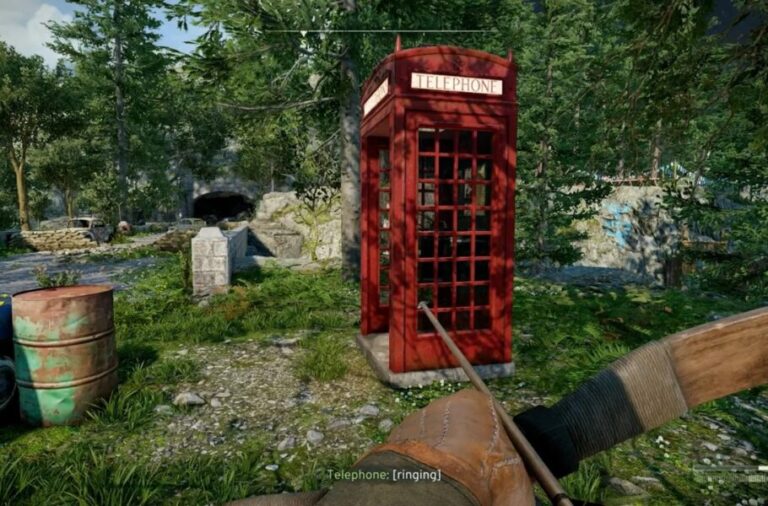Rebellion’s newest post-apocalyptic survival title, Atomfall, has already proven to be a major hit—and much of its success is thanks to its launch on Xbox Game Pass, according to the studio’s CEO, Jason Kingsley.
A Bold New Direction for Rebellion
Released last month on PC, PlayStation 5, and Xbox Series X|S, Atomfall is set in an alternate 1960s Britain, blending post-nuclear survival themes with British countryside charm and dark humor. While Rebellion is best known for its Sniper Elite franchise, Atomfall marks a fresh creative leap, combining quirky storytelling, exploration, and immersive missions.
Since its launch, the game has attracted over 2 million players, and Kingsley credits Game Pass as a key driver behind this impressive milestone.
Game Pass Boosted Discoverability
In an interview with GamesIndustry.biz, Kingsley emphasized how Game Pass dramatically improved the game’s visibility:
“It’s been a huge success,” he said. “Microsoft has been a fantastic partner. They brought their skills and scale to our small project, and it worked really well for both of us. It was a good deal for them, and a great one for us.”
Kingsley explained that the marketing support from Microsoft and the immediate day-one availability on Game Pass allowed Atomfall to reach a wider audience than it might have through traditional release strategies alone.
Game Pass Encourages Word-of-Mouth Growth

Despite acknowledging that subscription-based launches might reduce initial direct sales for a niche, “hardcore” game like Atomfall, Kingsley remains optimistic. He believes that Game Pass helps foster community-driven promotion:
“You get people to try the game. If they enjoy it, they’ll tell their friends on social media, ‘Hey, I found this game on Game Pass. I loved it. You should check it out too.’”
“Some of those friends will be on Game Pass and will jump in. But others won’t be—and they might go and buy the game to be part of the conversation.”
Although Kingsley admits they don’t yet have the data to prove this theory, both he and co-founder Chris Kingsley strongly believe that discovery is the biggest hurdle for indie and mid-sized studios—and Game Pass offers a powerful solution.
Guaranteed Revenue, Reduced Risk
Beyond visibility, Game Pass also offers financial security. Kingsley highlighted the importance of Microsoft’s revenue guarantees:
“Yes, it reduces the risk. Without going into detail, they guarantee a certain level of income, no matter how the game sells.”
This financial safety net gave Rebellion the confidence to explore new ideas and invest in a game that breaks away from their usual formula.
Community Engagement: Fun Stats from the Wasteland
In a recent player activity report, Rebellion shared some quirky and fun stats from Atomfall’s early weeks:
- Over 13 million hidden stashes discovered using metal detectors
- 6 million enemies defeated using nothing but a cricket bat
- More than 250,000 pints of beer ordered
- An astonishing 14 million cans of meat consumed
These numbers showcase the depth of interaction and creativity the game offers—and how players are engaging with its strange yet charming world.
A Fresh Take on Post-Apocalyptic Britain
Atomfall’s success isn’t just about marketing. The game’s unique setting, filled with British culture, Cold War paranoia, and satirical humor, gives it a distinctive identity in a crowded survival genre.
With diverse mission structures, flexible progression, and tongue-in-cheek storytelling, Atomfall has quickly earned a place as one of 2025’s most talked-about indie releases.
Final Thoughts – Game Pass as a Launchpad for Indie Innovation
For Rebellion, Atomfall has been more than just a new game—it’s been a strategic and creative experiment. Thanks to the reach of Xbox Game Pass, the title has managed to cut through the noise, attract millions of players, and stand out in a busy market.
While it remains to be seen how many Game Pass players convert to premium sales, one thing is clear: subscription services like Game Pass can offer mid-tier studios a platform to shine, with both financial stability and mass exposure.
